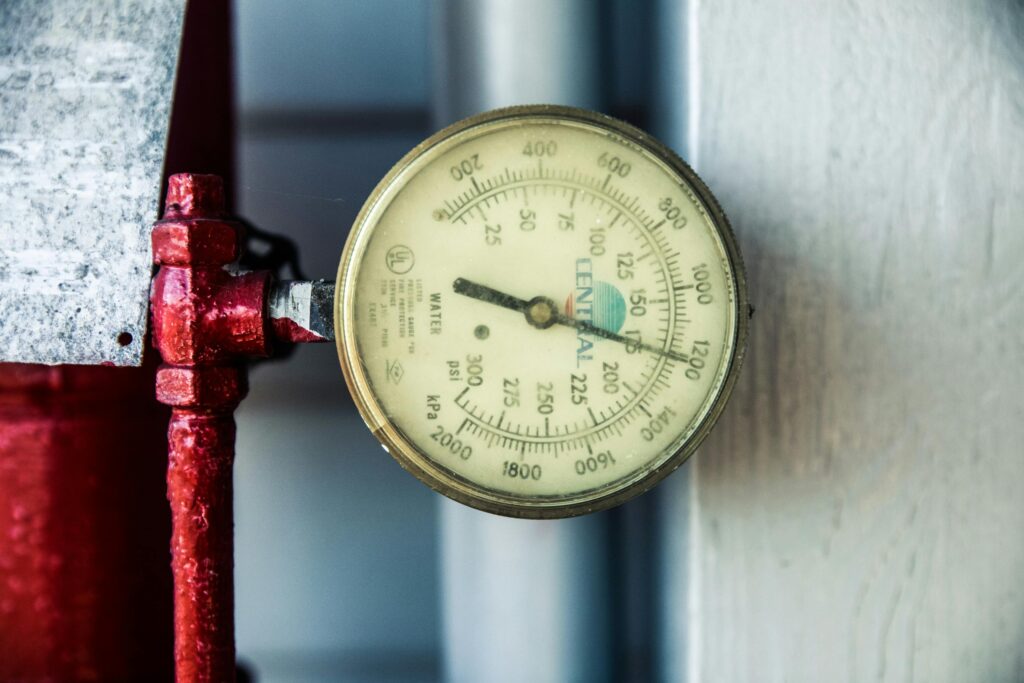Tips For Moving Into Your First House

There are a lot of thorough steps that go into the home-buying process. And if you’re a first-time homebuyer, there’s even more for you to learn. Although moving into your new home is one of the last steps of the home-buying process, it’s still important to know how to approach it. Here are some tips for moving into your first house.
1. Tell everyone about your change of address
When you’ve moved into your new home, you may be distracted by all the big things that need to get done. But it’s also important to remember the things that may slip your mind more easily. Telling your council, and other people you pay regular payments to that you have changed address is essential. Failing to do so could result in fines for debt collectors. For example, if you don’t change your address on your driver’s licence or v20, it will be difficult for DVLA to get in touch with you for road tax reminders, for example.
2. Set up insurance when moving into your first house
it’s important that you are protected whilst living in your new home. Getting the right insurance is a key way to help with this. Buildings insurance is an essential insurance to have set up as it covers the structure of your home and permanent fixtures like your roof, bathroom suite, kitchen units etc.
Another popular insurance is contents insurance which pays towards damage to, theft, or loss of, personal possessions at home. this can include washing machines, TVs and other valuables for example.
As a homeowner, it also makes sense to consider life insurance to help protect your assets should anything happen to you.
3. Check the meter readings when moving into your first house

To ensure you don’t pay for the last owner’s meter reading, take the meter reading from the day you move into your new home. Equally, you should have taken your last meter reading from the last property you were in from your move-out date to ensure you are only paying for your use of electricity, gas and water whilst you are living at the property.
Even if you’re considering switching providers from the current suppliers at the property, still take your meter readings with the current providers to prevent any confusion
4. Find the water valve and fusebox
In advance of an emergency, such as a water leak or an electricity trip you’ll need to know where your water valve and fusebox are located. Failing to know where your water valve is could mean that if there is a water leak, you will end up paying a lot if you can’t switch off the water supply from its source. Also, if you’re unaware of where your fusebox is could mean a delay in sorting out electricity issues if your lighting tris, for example. Fuseboxes can usually be found in cupboards, whilst water valves can be found in cupboards or under a kitchen sink or something.
5. Thoroughly check your home before moving in
By the point of you moving into your first house, you would have hopefully already done thorough checks. But there’s no harm in giving one last look before you permanently move in. Not only to check for any faults like electrics that don’t work but to also see if there may be some pleasant surprises like old tin paints that match the current colour of your wall.
6. Greet your neighbours

You’ll want to get familiar with who you’re living next to so kindly greeting your neighbours when you’ve moved in is a good step forward to get to know them. It could range from simply knocking on their door and introducing yourself or as elaborate as inviting them over for a housewarming party.
7. Change the locks for your first house
This is another step in the home moving process that can be easily forgotten but is essential. You don’t want anyone having access to your property that you haven’t granted access to. Therefore, changing the locks is one of the first things you should do when moving into your first house.
8. Set up your broadband and TV
Wi-Fi is near enough seen as an essential in this day and age. Whether you’re working from home or listening to the latest episode of your favourite podcast, wi-fi is now a key element of modern life. As a result, setting up your Wifi and TV supplier may be one of the foundational things you may want to put in place when moving into your first house. The earlier you do it, the quicker you can enjoy your new home holistically.
Looking for more homeop tips? Join the membership community, The Homebuyers Club to connect with fellow homebuyers and learn from property experts Antoinette and Tayo Oguntonade.
Get in touch
Feel free to get in touch with general enquiries using the contact details below alternatively fill out the form and one of team members will be in touch shortly.
